Terrence Collinson Graves exemplified the highest ideals of courage, leadership, and selflessness. A Marine Corps officer who paid the ultimate price in the Vietnam War, Graves was posthumously awarded the Medal of Honor for his extraordinary heroism during a reconnaissance mission in 1968. His story is a profound reminder of what it means to lead with honor and sacrifice for others, even in the face of overwhelming danger.

Early Life and Struggles: Born on July 6, 1945, in Corpus Christi, Texas, Terrence Graves spent most of his youth in Groton, New York. From an early age, he demonstrated a strong sense of responsibility and leadership. As a youth, he served as a senior patrol leader in the Boy Scouts of America and was President of the Methodist Youth Fellowship. These early experiences helped lay the foundation for the resilient and dedicated leader he would become.
Graves graduated from Edmeston Central High School in 1963, and in 1967, earned a B.A. in History from Miami University in Oxford, Ohio. At Miami, he excelled not just academically, but also in leadership roles—serving as battalion commander of his NROTC unit and becoming an active member of Beta Theta Pi fraternity.
Military Enlistment and Heroics: Following graduation, Terrence Graves was commissioned as a Second Lieutenant in the United States Marine Corps in 1967. He completed officer training at The Basic School in Quantico, Virginia, by November of the same year.
By December 1967, he had deployed to Vietnam, assigned as a platoon commander for "Team Box Score," part of the 3rd Force Reconnaissance Company, 3rd Reconnaissance Battalion, 3rd Marine Division. Graves was tasked with leading high-risk reconnaissance missions deep into hostile territory—work that demanded exceptional tactical skill, resilience, and unwavering courage.
Defining Moment: On February 16, 1968, during a long-range reconnaissance mission near Đông Hà in Quang Tri Province, Lt. Graves and his eight-man team came under heavy fire from a larger enemy force. Demonstrating immediate leadership, Graves deployed his men and called in artillery and air support, directing fire while moving under enemy fire to reach wounded Marines.
Graves orchestrated the evacuation of his patrol to a landing zone, but when he realized one wounded Marine had not yet boarded the helicopter, he stayed behind to ensure the Marine’s extraction. Despite being wounded himself, he continued to direct supporting fire. As a second helicopter arrived and began taking fire, Graves boarded it with the wounded Marine—but the aircraft was struck and crashed shortly after takeoff, killing all on board.
His final acts—choosing to remain behind to protect a comrade, coordinating life-saving air and artillery support, and ultimately sacrificing his own life—cemented his legacy as a selfless and courageous leader.
Post-War Life and Career: Terrence Graves never returned home. He was just 22 years old when he gave his life for his fellow Marines and country. Although his post-war life was cut tragically short, the legacy he left behind has been felt far beyond the battlefield.
His heroism continues to inspire future generations of Marines and citizens alike through various honors, memorials, and institutions bearing his name.
Military Awards and Decorations: 2ndLt Terrence C. Graves was posthumously awarded the Medal of Honor, the nation's highest military decoration, for his "conspicuous gallantry and intrepidity at the risk of his life above and beyond the call of duty." He also received:
-
Bronze Star
-
Silver Star
-
Purple Heart
-
Combat Action Ribbon
-
National Defense Service Medal
-
Vietnam Service Medal with two bronze stars
-
Republic of Vietnam Gallantry Cross with Silver Star
-
Republic of Vietnam Campaign Medal with 1960– device
The story of 2ndLt Terrence C. Graves is not just one of battlefield bravery—it is a tale of enduring character, unwavering leadership, and love for one’s comrades. From his roots in small-town New York to his final moments in Vietnam, Graves embodied the Marine Corps values of honor, courage, and commitment.
Though his life was brief, his legacy lives on—in the halls of Miami University, in the training grounds of Quantico, and in the hearts of every Marine who learns of his valor. His name is etched not only on the Vietnam Veterans Memorial Wall, but in the soul of a grateful nation that will never forget his sacrifice.
